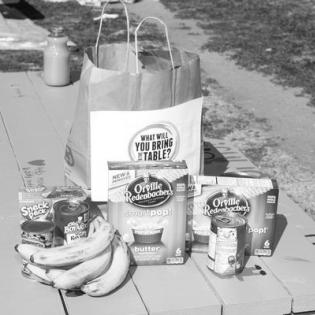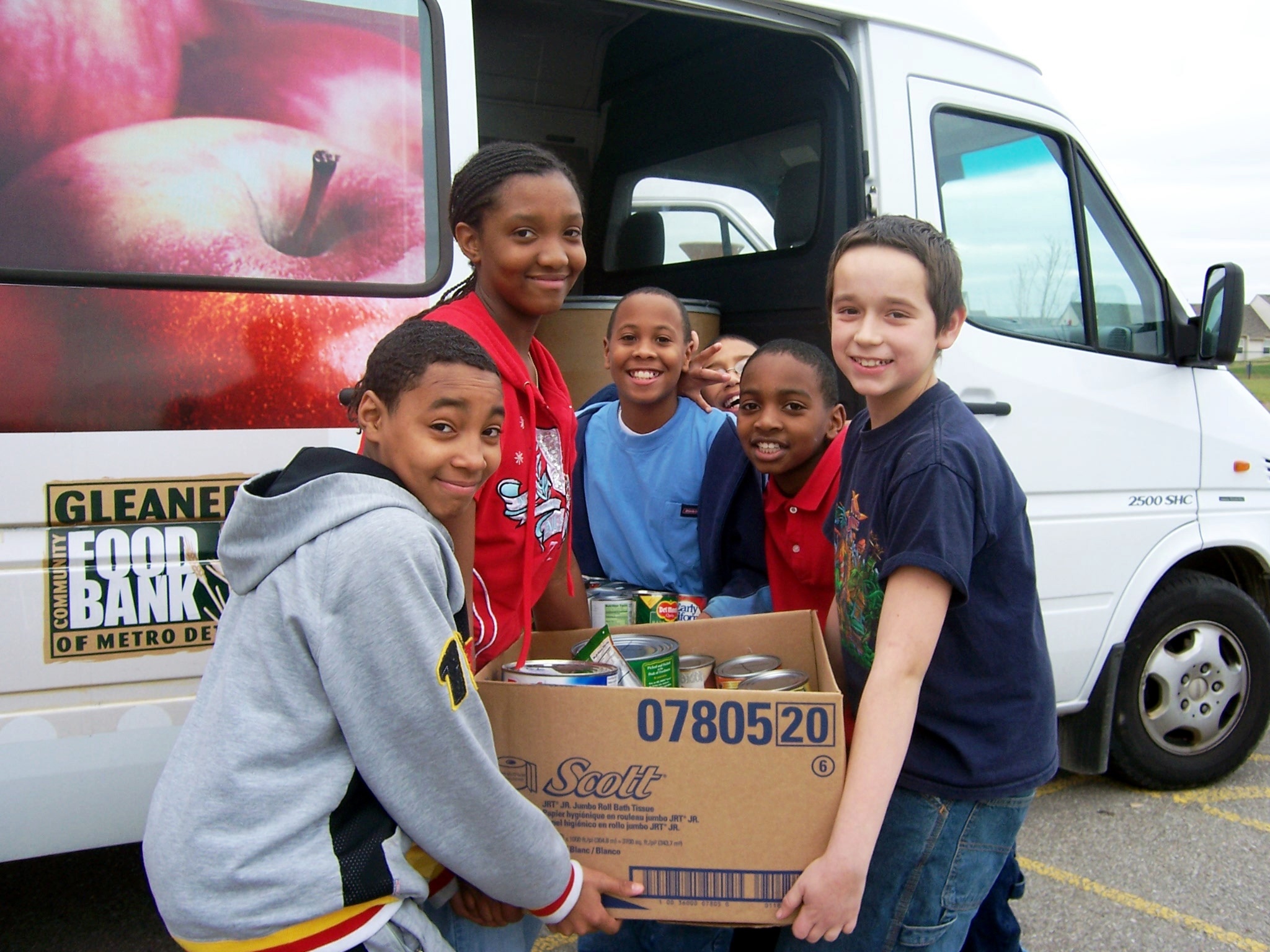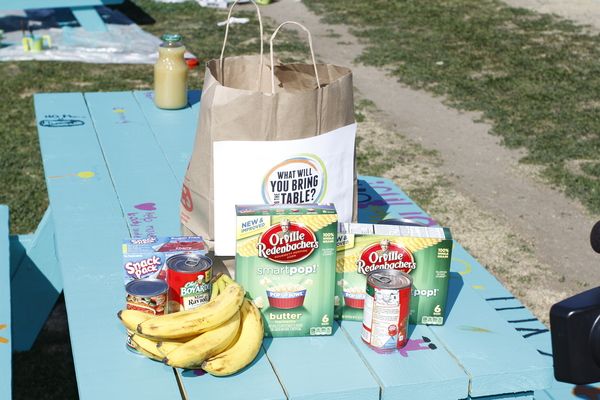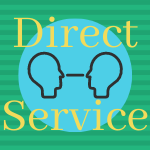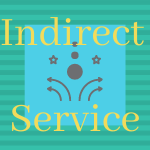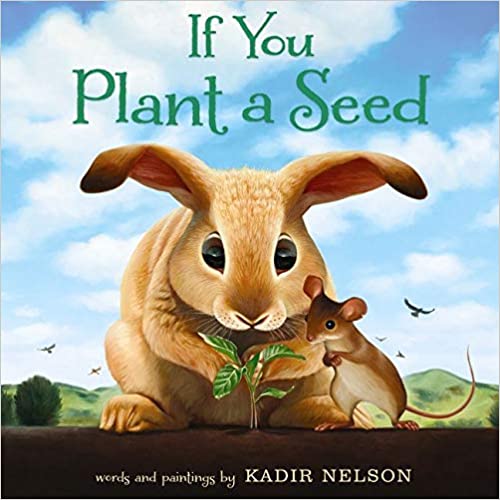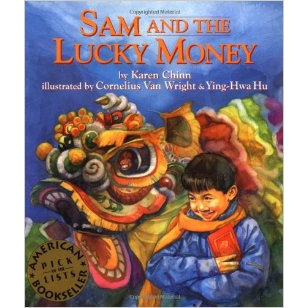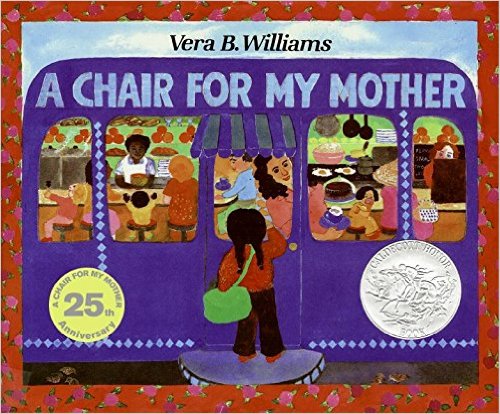Food and Hunger Toolkit
This toolkit guides youth, educators, group leaders, families, and community groups as they investigate the issue of hunger and malnutrition and prepare to take action. Contents:
- Current story
- Definitions
- Key questions
- Background
- Lessons and activities
- Resources in your community
- Project ideas and guide to service-learning
- Quotes
Fight for Food Security and Proper Nutrition
The video below reminds us that there is enough food on the planet to feed everyone, but many factors keep people in poverty. We can do something about this issue with actions big and small. Everyone has something to give to impact the issue, even it is simply changing the way they eat, sharing information about the issue, or voting.
“If you can’t feed a hundred people, then feed just one.” - Mother Teresa
Share this example of action.
Global Citizen is a social action platform for a global generation that aims to solve the world’s biggest challenges. Check out this Global Citizen guide that provides information regarding hunger and malnutrition. Learn even more about these devastating issues by checking out their website!
Definitions and Key Questions
See the handout below for Vocabulary and Key Questions related to hunger and malnutrition.
Definitions:
As young people build knowledge and passion for taking action, they can look up vocabulary and read more about the issues and needs. Here are some of the relevant vocabulary words.
- Hunger
- Malnutrition
- Food Justice
- Food Security/Insecurity
Key Questions for Learning and Service:
These key questions may guide investigation or generate inquiry about other areas of interest. The best service-learning experiences follow the passions of youth and local concerns. Here are some sample questions:
- What are the causes and effects of hunger or malnutrition?
- Are you aware of areas or populations in your community that experience a higher degree of hunger or malnutrition?
- What have you learned about hunger or malnutrition that others might not know? What are some ways you can influence attitudes or behaviors?
- What resources in your community address hunger, such as a food pantry or a community garden? How do these resources help the community?
Background Information
Share these background resources to inspire and inform youth about environmental issues and actions.
- Food What?!: Youth Empowerment and Food Justice Program [5:00] Video LINK
- The USDA provides facts about healthy eating for kids. MyPlate.gov
- Learning to Give white paper about Hunger and Famine
- Why food won't solve the problem of hunger (TEDx Toronto) highlights that hunger is much more than a lack of food but is truly a wicked problem.
- The nonprofit Feeding America provides facts on poverty and hunger in America.
- Do Something provides information on how hunger is impacting the entire world.
Lesson Plans
Learning to Give has hundreds of lesson plans to inspire and inform youth action. Search our full list of hunger-related lesson plans for topics that fit your interests and age of your kids. Narrow your search with keywords like food, nutrition, why are people hungry, and food justice. Here are some sample lesson plans:
- What Is Hunger? This lesson plan helps youth define and visualize hunger.
- Poverty and Charity: This lesson plan explores local nonprofits and the difference between charity and justice.
- Local Hunger and Malnutrition: Learners look up local resources that address hunger and identify whether they are government, nonprofit, business, or family. Invite a representative to talk to the group.
Community Resources
For meaningful service-learning projects with long-lasting impact, connect youth to people and nonprofit organizations in the local community related to their service area of interest. This is an opportunity for a field trip (may be virtual) or for an expert to teach about issues and what is already being done. Youth may write, call, or interview experts about needs and partnerships.
- Visit a local community garden to learn how they are feeding people healthy food.
- Urban Farms and neighborhood/community gardens (Examples below)
- Ask youth if they have family members whose work is related to hunger or nutrition
- Food pantries
- Gardening for people with disabilities
- The Chicago Botanic Garden has a download-able manual
- Soup Kitchens
- Food banks and gleaners
- Cooking classes
Project Ideas
There are four types of service. The ideas below are grouped by these types. The best service-learning experiences follow the passions of youth and local concerns. These are provided to start conversations and ideas.

This overview Guide for Planning Service-Learning describes each step of the process and actions to take.
This blank chart for Planning Service-Learning helps youth prepare for who does what for maximum service and learning impact
- Start a school garden; share products with the school community and/or local food banks. Organizations in Community Resources below can be of help.
- Perform service hours/volunteer at a local garden, food bank or other organization that assists with food security. Some of these organizations are identified in Community Resources below.
- Organize an event to give gifts to a group of people who utilize a food pantry. For example, collect donations of canned goods.
- Host a community forum to raise awareness of needs and work in progress. Invite participants to ask questions and sign up to volunteer.
- Create a local resource guide to distribute to the school community and nearby neighbors; This Community Mapping Activity could identify the closest healthy food sources, including community gardens. It could also include contact information for organizations that can help those who are food insecure.
- Create handouts or PSAs on community resources and how people can help alleviate hunger.
- Write letters advocating for increased government resources to combat hunger issues. Service Sparks: Letter to Your Representative
- Hold a community information night to inform community members what they can do to alleviate hunger and malnutrition in your community.
- Examine the habits in the community or in your house and propose ways to reduce food waste with this Service Sparks: Reduce Food Waste
- Research farmworker and local restaurant industry practices and use in-school and social media to educate others about those conditions; invite food workers to speak to your community. See Community Resources regarding Worker Justice
- Investigate the factors that influence hunger and malnutrition in your community
- Research the intersectionality within the issues of hunger and malnutrition. What other issues do these individuals face beyond just lack of healthy food?
Literature Guides
Kadir Nelson’s book “If you Plant a Seed” weaves a simple tale about the benefits of kindness and generosity and the consequences of acting selfishly. With beautiful illustrations and sparse text, Nelson masterfully conveys the power each one of us has to act in ways that help our community.
In Sam and the Lucky Money, we all recognize the joy of Sam who has money to spend any way he chooses adn the difficult decision as he browses the toy store and the bakery. But Sam surprises us all by giving his money to a stranger who doesn’t have any shoes. This book will spark a discussion about feeling lucky with what we have and helping others in creative and small ways. Note that Sam made the decision himself, and the freedom to choose made his decision much more meaningful.
A Chair for My Mother literature guide provides before, during, and after-reading discussion questions. Choose from activities and discussion questions to build children's understanding of generosity, community, and service to others.
Quotes
Ways to use quotes with youth: Use it to spark conversation. Write about its meaning or do research on the person or topic. Represent the quote visually and display in social media. Tell whether you agree or disagree with the quote. Rewrite it to speak for you.
"Hunger is not an issue of charity. It is an issue of justice." - Jacques Diouf
"If we can conquer space, we can conquer childhood hunger." - Buzz Aldrin
"Pay attention to the hungry, both in this country and around the world. Pay attention to the poor. Pay attention to our responsibilities for world peace. We are our brother’s keeper…" - George McGovern
"When you are hungry, you can’t think about anything else." - Juana Janie Mendez
“Most of the seven billion people in this world suffer from malnutrition. Half do not have enough to eat and the rest of us eat too much.” - Earle Gray
“Malnutrition can be as common in poverty as in wealth, one for the lack of food, the other for the lack of knowledge of food.” - T.K. Naliaka
